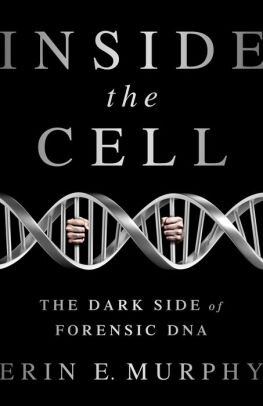In honor of the 230th anniversary of the ratification of the Bill of Rights, we are starting to get to the stuff where we make our living: The Fourth Amendment!
The right of the people to be secure in their persons, houses, papers, and effects, against unreasonable searches and seizures, shall not be violated, and no Warrants shall issue, but upon probable cause, supported by Oath or affirmation, and particularly describing the place to be searched, and the persons or things to be seized."
The Fourth Amendment is always rife with litigation in criminal cases. Essentially, this amendment is intended to prohibit the indiscriminate rummaging through of a person’s property by the government. The amendment requires that a search or arrest warrant must be supported by probable cause that a crime was committed and that evidence of that crime will be located at the location to be searched (or that the individual to be arrested committed the crime). The warrant must further particularly describe the place to be searched and the persons or things to be seized, meaning officers cannot come into your home and seize everything you own with a warrant that simply gives them authority to search anyplace you may be found.
Further reading:
Lange v. California, which addressed the question: “Does the exigent circumstances exception to the Fourth Amendment’s warrant requirement apply when police are pursuing a suspect whom they believe committed a misdemeanor?” Answer: “Pursuit of a fleeing misdemeanor suspect does not categorically qualify as an exigent circumstance justifying a warrantless entry into a home.”
Kansas v. Glover, which addressed the question: “For purposes of an investigative stop under the Fourth Amendment, is it reasonable for an officer to suspect that the registered owner of a vehicle is the one driving the vehicle absent any information to the contrary?” Answer: It is reasonable when the officer does not have any contradictory information.
Mitchell v. Wisconsin, which addressed the question: “Does a statute that authorizes a blood draw from an unconscious motorist provide an exception to the Fourth Amendment warrant requirement?” Answer: “When a driver is unconscious and cannot be given a breath test, the exigent-circumstances doctrine generally permits a blood test without a warrant.”
Carpenter v. United States, which addressed the question: “Does the warrantless search and seizure of cell phone records, which include the location and movements of cell phone users, violate the Fourth Amendment?” Answer: Yes.













